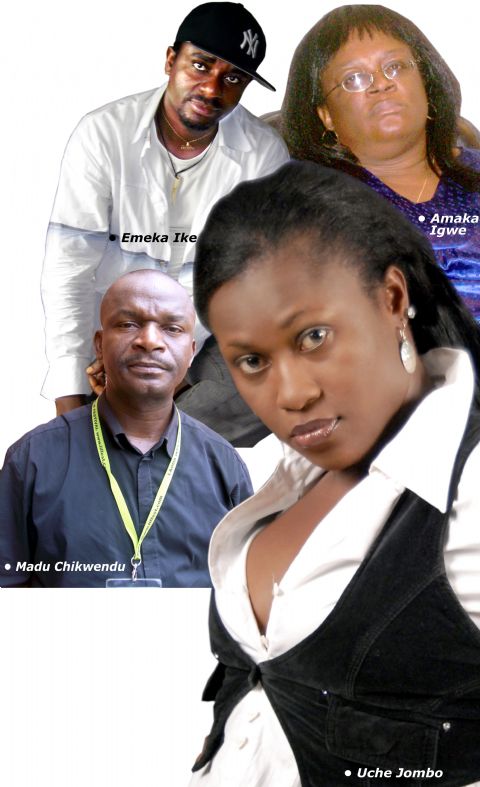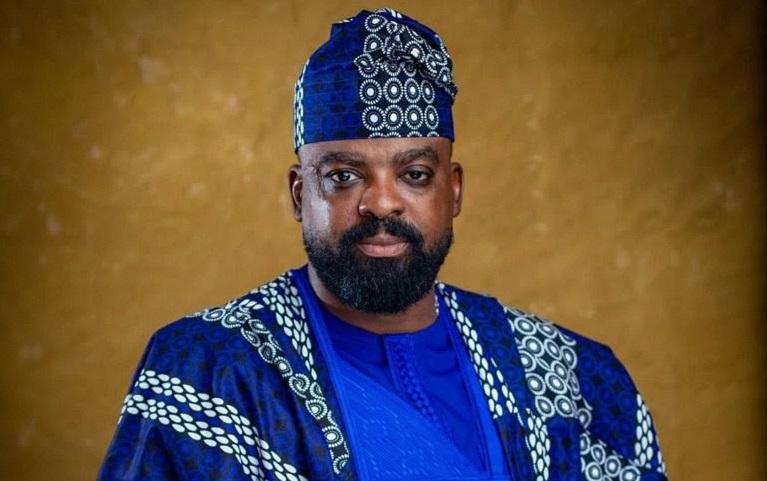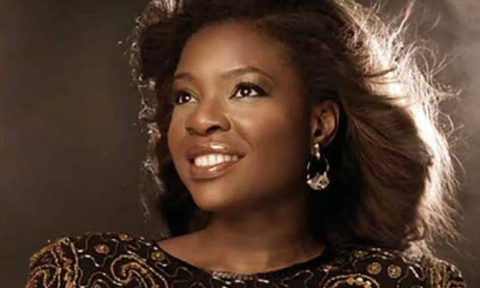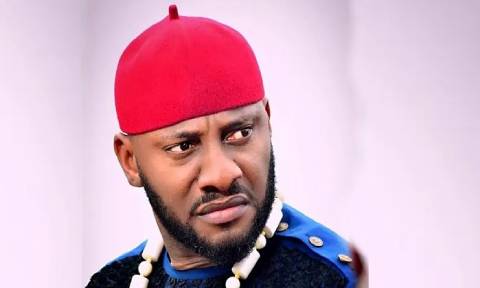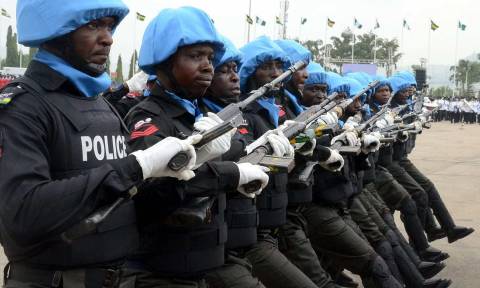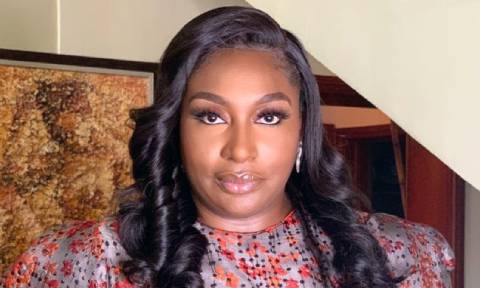
“One of our biggest problems is that the filmmakers are not developing, they don’t do enough reading, they don’t do enough travelling and they don’t do enough paying attention to how the world works. Therefore, your film becomes limited because you have not developed yourself.
“So, I always tell filmmakers, do a lot of reading and a lot of travelling to understand. If you don’t, you may think: ‘I got a story’ – but your story may not be that important to people. You have a story that is not interesting to people. Which means that you have to study and read. I’m concerned about the young filmmakers not reading enough.”
These were the words of Ayuko Babu, Director of the Pan African Film Festival, Los Angeles and Atlanta, United States of America, who was in Nigeria recently for the Africa Movie Academy Awards (AMAA). Babu, who is also head of the Awards jury, was sharing his thoughts on the quality of Black and African films and on other issues concerning filmmaking.
The organiser of the largest Black film festival in the US believes Black and African films are a hard sell for distributors because the filmmakers don’t develop themselves, and this reflects on the quality of their works.
“They don’t read Ben Okri, they don’t read Chinua Achebe, Toni Morrison, Wole Soyinka, Ngugi wa Thiong’o, Nuruddin Farah and James Baldwin, they got to read! I mean Nigerian literature is here, Nigerian film is here. There is no filmmaker yet making films like Ben Okri writes or making films like Wole Soyinka or Chinua Achebe write. That’s the standard. They have the potentials”, he said.
Babu said that Nigerian filmmakers participate in his festival and that many films from Nigeria were shown during past editions of the Pan African Film Festival, but that there’s a need to improve the quality of their films. They should “Read more and try to make films like Ben Okri writes books. Make films like Chinua Achebe writes books. People want the insight of Achebe, the insight that he gives, in a film. We want that insight of Wole Soyinka in a film.”
Reminded that turning literature into movies may not always work, the man who brought Stevie Wonder to Nigeria during FESTAC ’77 disagrees.
“It will work if you’ve got a great writer, it will work. Too many books have been turned into movies. You have to work at it, you have to study, do the hard work. There are many books that can be turned into films around the world whether it is Japanese, European or African, so it can be done. But it requires discipline, artistic creativity, attention, focus and it requires you to know yourself. If you read Achebe, you got to know yourself, you got to know Nigeria. When you read Achebe, you know he knows Nigeria.”
Babu is an international, legal, cultural and political consultant, specialising in African affairs. “I got involved with film because I’m a political person, I’m not a filmmaker. In the United States, the struggle now is cultural. What do we do with our independence, what do we do with our lives, where do we go with our lives? Those issues are cultural issues and what influences culture is cinema, is film. So, we got involved in film to push our story and tell our story so we can have kids who grow up having an understanding of who we are. That’s what got me into cinema.”
Is he hoping to make his own film soon? “I just promote and exhibit films. It’s full time to put a festival together, to promote films, to exhibit films”, he replies.
Before his involvement with films, Babu helped black people who wanted to invest in Africa and was doing cultural exchange between Africans and Americans.
For the expert in African cinema who has sat on the jury of many film festivals since 1991, the most important thing in the movie business, apart from the aesthetics are, “exhibition, distribution and promotion, and trying to get the filmmaker to develop.”

